Key US Officials Withdraw from Ukraine Peace Talks as Dispute Over Crimea Emerges
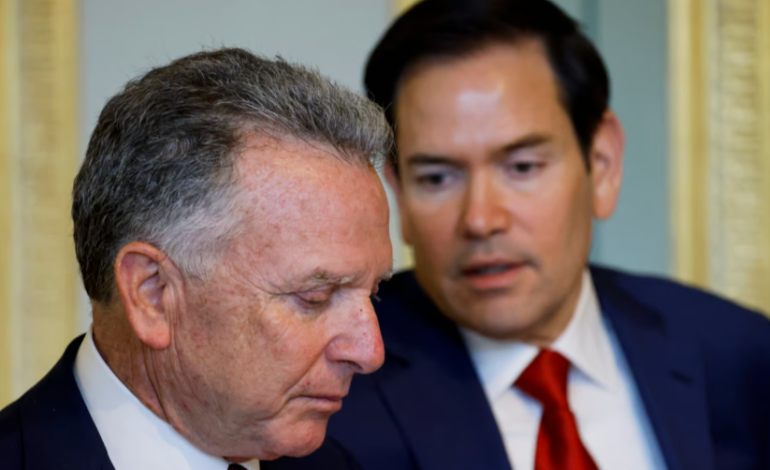
High-level talks aimed at advancing a ceasefire in the ongoing war between Ukraine and Russia were abruptly scaled back on Wednesday after two senior US officials—Secretary of State Marco Rubio and special envoy Steve Witkoff—withdrew at the last minute.
Their absence has added fresh uncertainty to already tense negotiations and highlighted a widening rift between Washington and Kyiv over how to resolve the status of Crimea.
Originally intended as a major diplomatic gathering hosted by the United Kingdom, the meeting was set to bring together foreign ministers from the US, UK, France, Germany, and Ukraine. However, the last-minute withdrawal of Rubio and Witkoff, who cited logistical issues, has relegated the summit to a lower-level gathering of officials, with only informal bilateral meetings proceeding as planned.
The sudden change in plans coincides with mounting pressure from the Trump administration for Ukraine to consider a controversial peace proposal. This plan reportedly includes the informal US recognition of Russia’s annexation of Crimea—a 2014 move condemned by most of the international community—and the potential lifting of sanctions on Moscow.
While the Trump team sees this as a pragmatic step toward ending the war, Ukrainian leaders firmly reject it. President Volodymyr Zelenskyy reiterated Tuesday that Ukraine would not recognize Crimea or any other occupied territories as Russian, calling such recognition unconstitutional and unacceptable.
“There is nothing to talk about,” Zelenskyy stated. “This violates our constitution. This is our territory, the territory of the people of Ukraine.”
European leaders, including those from France and the UK, had expressed cautious optimism ahead of the London talks, hoping to build momentum around a proposed 30-day interim ceasefire. Yet the US’s pivot toward pushing Trump’s broader peace framework—presented as a “take-it-or-leave-it” offer—has complicated those efforts and sowed division among allies.
In the absence of Rubio and Witkoff, retired General Keith Kellogg, Trump’s special envoy for Ukraine, is representing the US at the talks. While US officials maintain that the discussions remain substantive, the downgrade in attendance and lack of unified messaging point to deeper tensions in the peace process.
Meanwhile, Witkoff is expected to travel to Moscow this week for further negotiations with Russian President Vladimir Putin—his fourth such meeting—suggesting that the US is continuing to pursue a parallel diplomatic track with Russia.
On the ground, the war showed no signs of de-escalation. Ukrainian officials reported casualties from a Russian drone strike near the city of Marhanets, and key infrastructure in Kherson was hit amid intensified Russian attacks.
The growing disconnect between the US and Ukraine was further underscored by comments from US Vice President JD Vance, who suggested that if Ukraine rejects the current American proposal, Washington may step back from its mediation efforts altogether.
“It’s time for them to either say yes or for the US to walk away,” Vance said during a visit to India.
As Ukraine continues to press for a ceasefire that does not require territorial concessions, its European allies remain caught between supporting Kyiv’s position and engaging with a US administration that appears increasingly focused on expedient outcomes.
Despite the setbacks, Ukrainian officials reiterated their commitment to diplomacy.
“The path to peace is not easy,” said Andriy Yermak, a top aide to Zelenskyy. “But Ukraine has been and remains committed to peace efforts.”
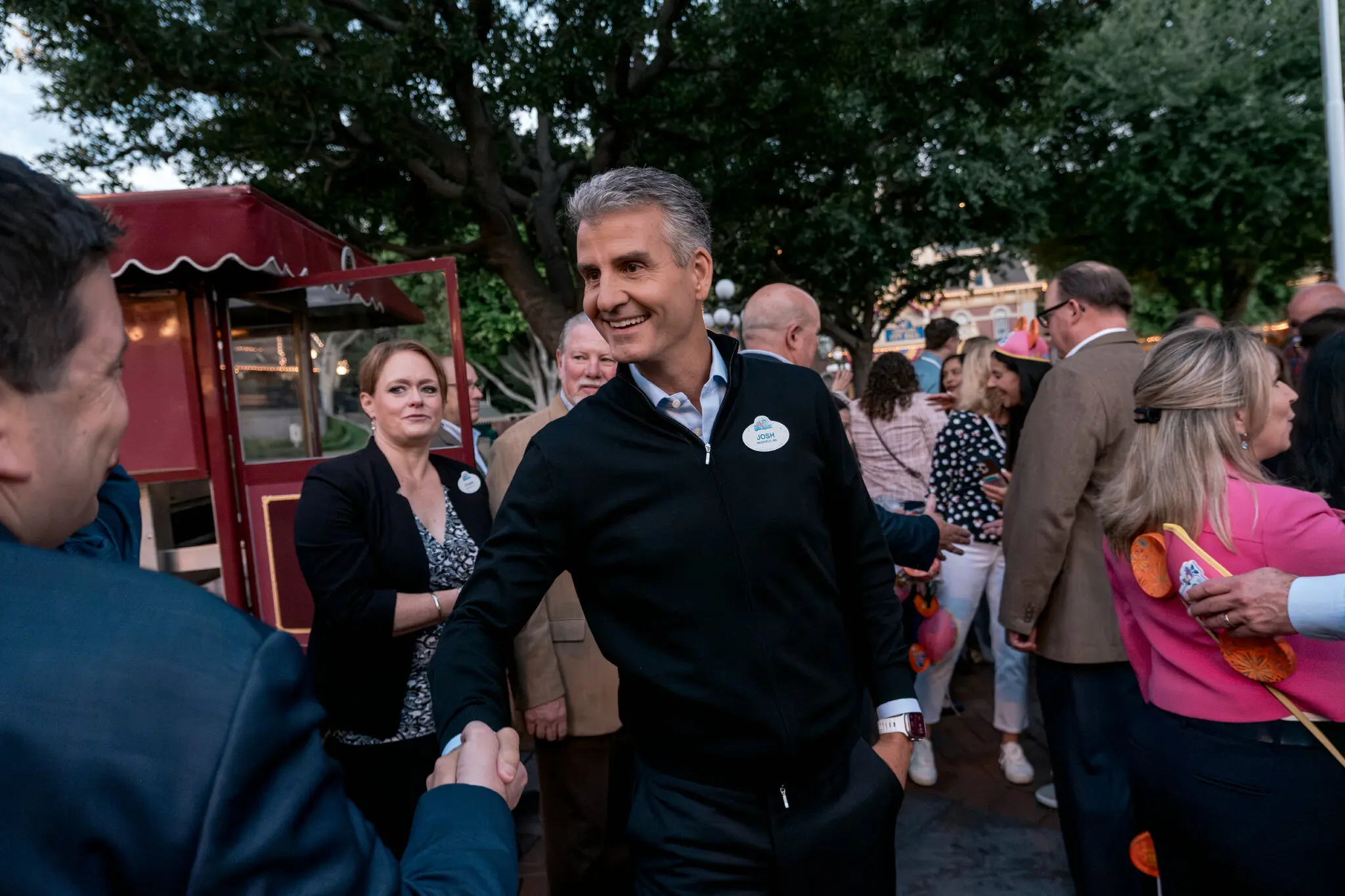
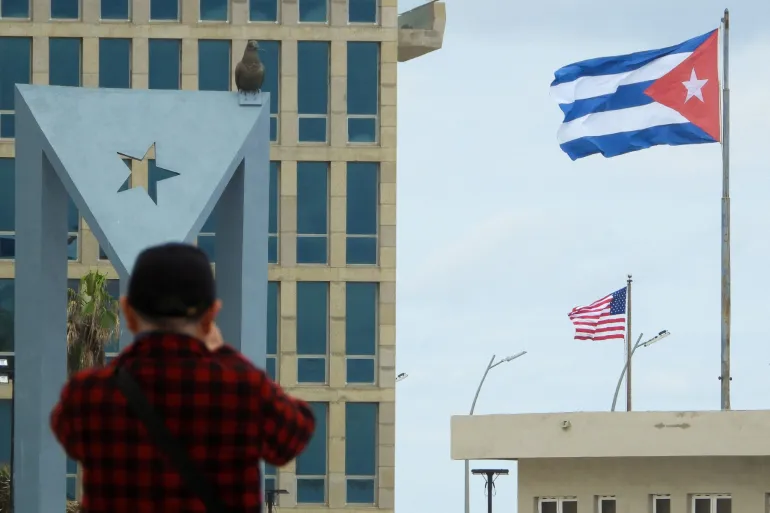
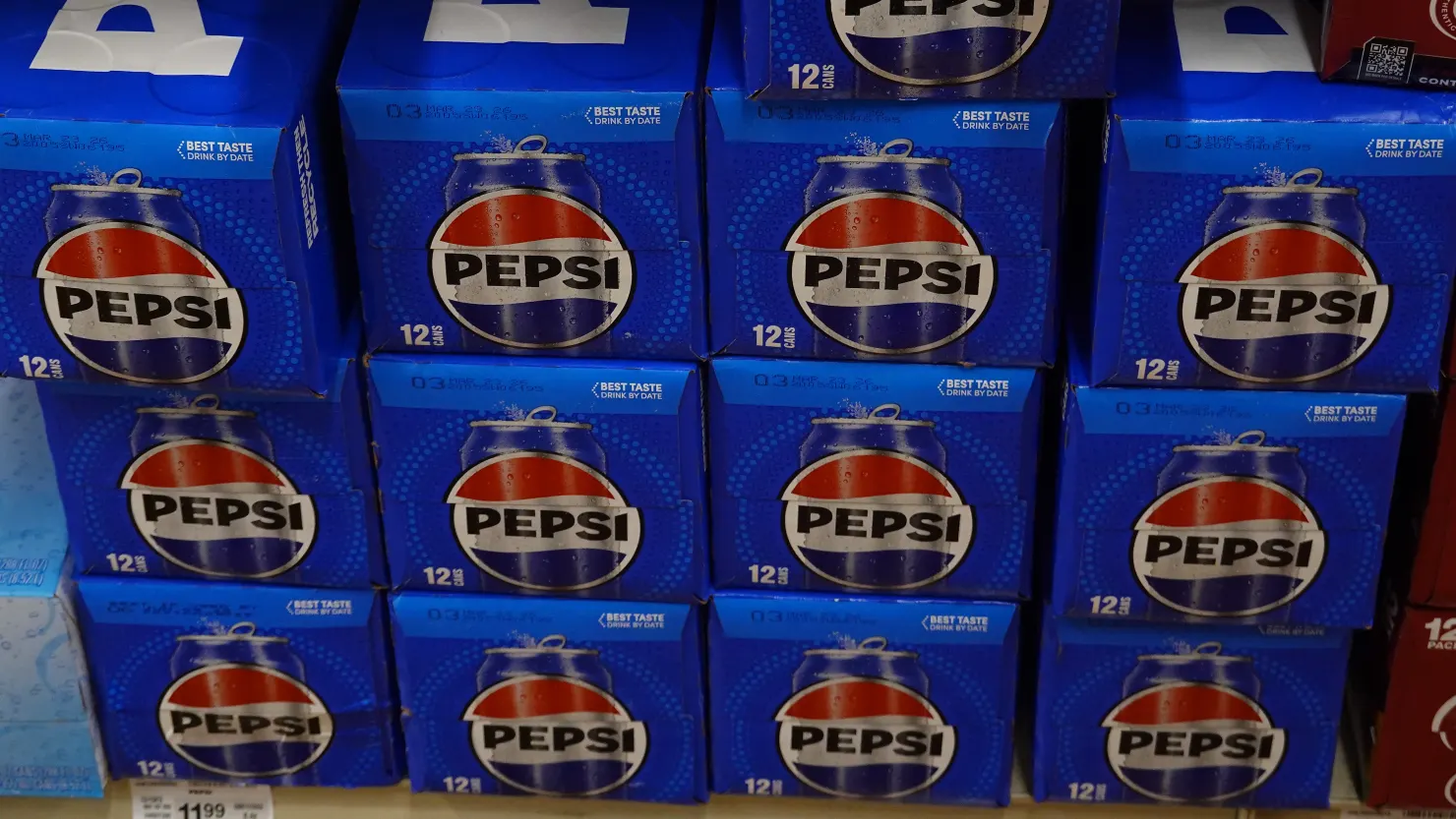
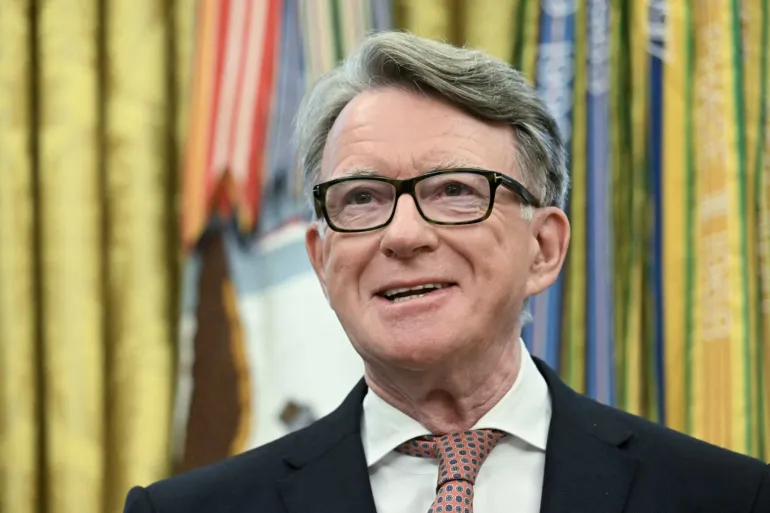
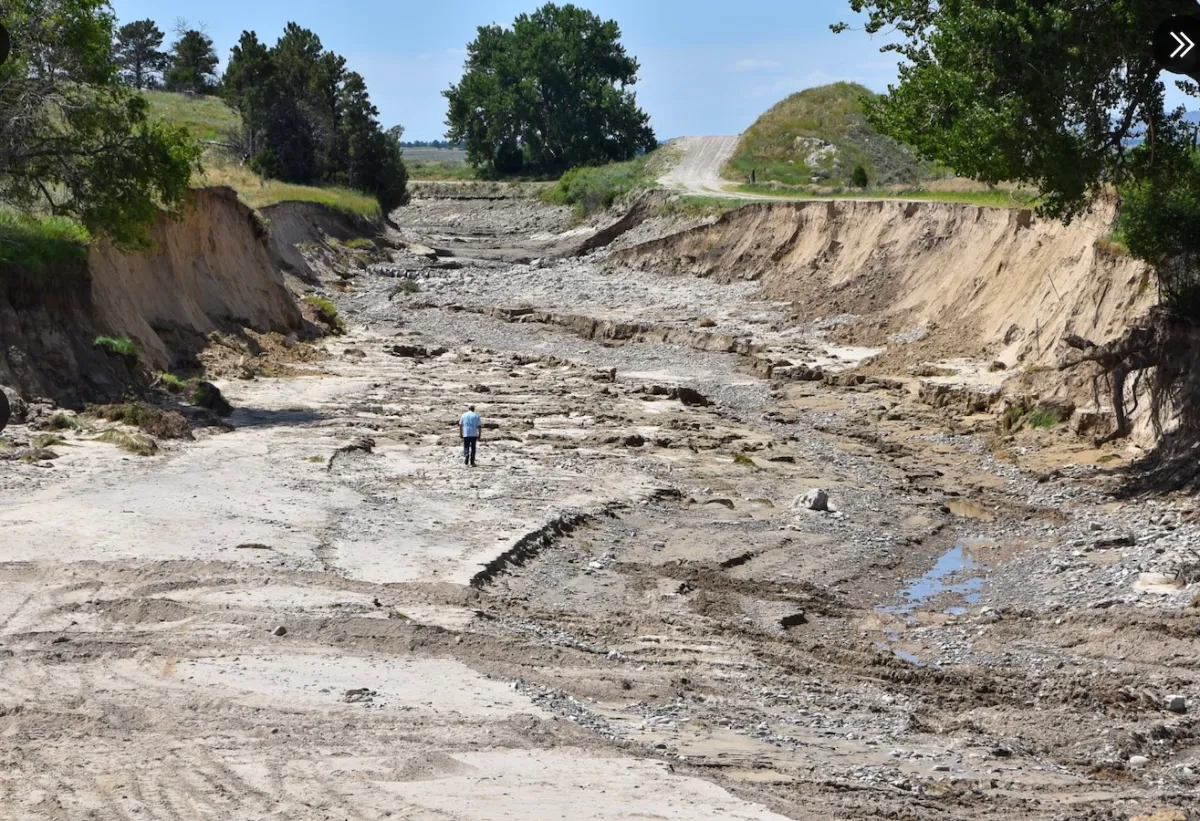




The latest news in your social feeds
Subscribe to our social media platforms to stay tuned